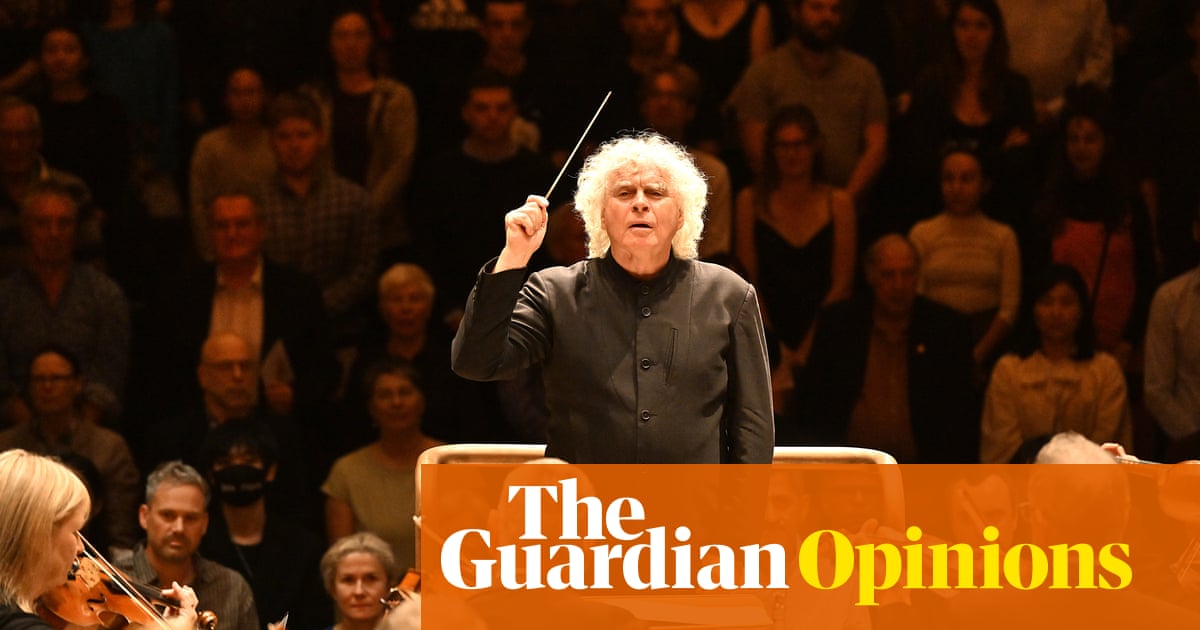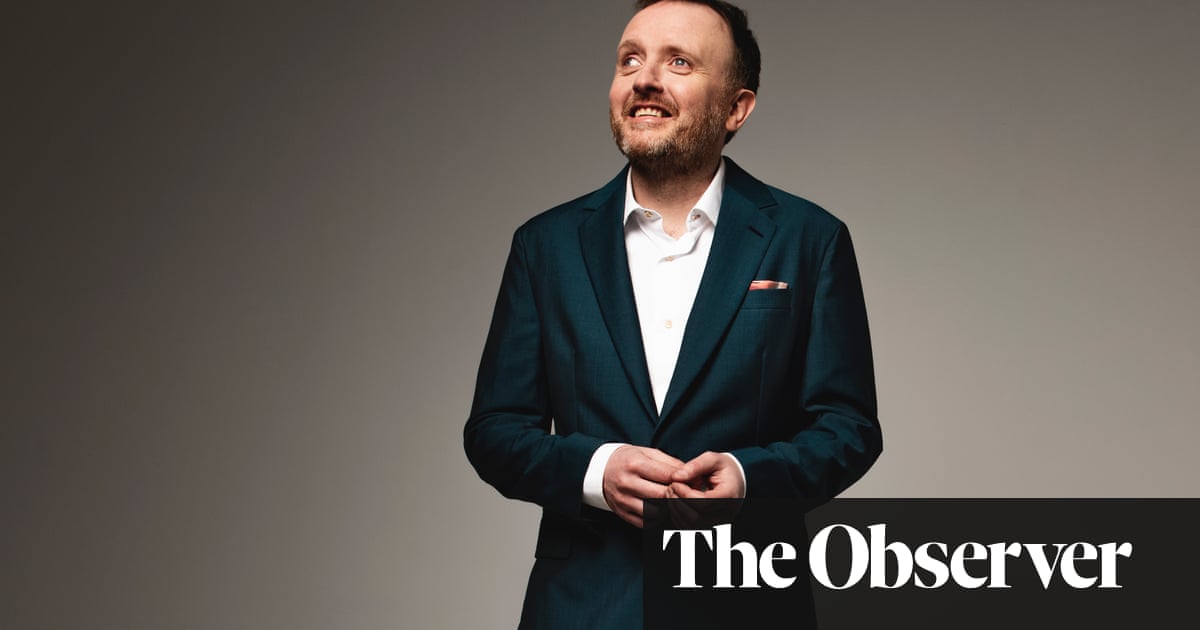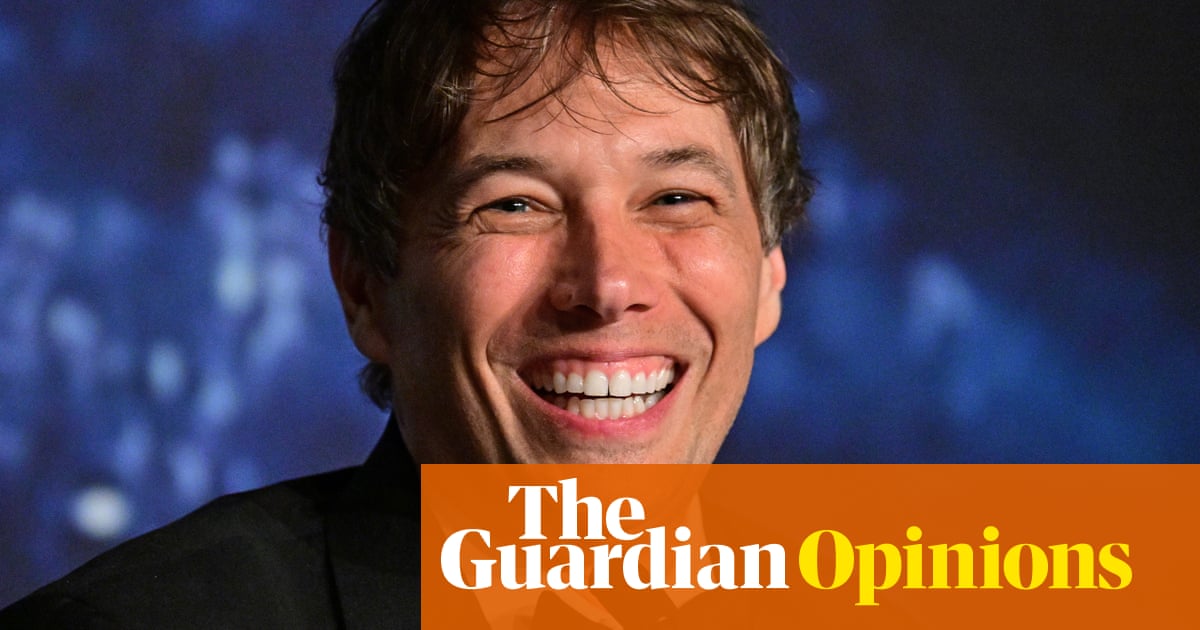
One morning in late 1992, at Ajax’s old training ground, Bryan Roy arrived to clear out his locker and say his goodbyes. After four years with his hometown club, he was on his way from Amsterdam to join Foggia in the first of Mino Raiola’s many significant transnational deals between football clubs. The previous evening, when Ajax had played Feyenoord, a fan held up a hand-lettered placard. “Bryan bedankt,” it said. Thanks, Bryan.
Not always have football fans expressed such gratitude on the departure of one of Raiola’s clients. This summer, depending on how things work out, Manchester United’s supporters are unlikely to send Paul Pogba on his way with warm wishes for a successful future in Madrid or Turin. The prospect of that £100m-plus deal became more likely last week when, during a promotional visit to Japan, the French midfielder volunteered his readiness to accept a “new challenge” away from Old Trafford. Some might think that helping Ole Gunnar Solskjær to rescue a great club from the doldrums represents enough of a challenge for anyone, but that would not be Raiola’s way.
A controversial figure, particularly in Manchester, where he is detested by both Alex Ferguson (who once called him a “twat” during face-to-face negotiations) and Pep Guardiola, the agent is free to negotiate on Pogba’s behalf only because the court of arbitration for sport upheld his appeal against a worldwide three-month ban from all football activities imposed by Fifa in May. The sanction was first imposed by the FIGC, the Italian football association, but the nature of the alleged irregularities was never officially disclosed.
On the other hand, Ajax may yet be grateful for the agent’s part in negotiating a supersize fee for Matthijs de Ligt, their 19-year-old captain. According to a report in the Sunday Times at the weekend, Juventus – a club with which Raiola has often done business – are the favourites to pay around £75m, with the size of Raiola’s commission a factor in the negotiations.
There are plenty of big-time agents operating in football – sharing, for example, the £260m that members of the Premier League alone paid out to them last year – but the 51-year-old Carmine Raiola is among those who seem to incarnate most clearly the shift in the relationship between clubs and players. Having moved as a child from a small town near Naples to Haarlem in the Netherlands, where he helped with the family’s pizza restaurant, he enfolds his players in an embrace that goes beyond business meetings. Two years ago, having just moved Pogba from Juventus to United for a world record fee of £89m, he articulated this approach in an interview with Simon Kuper of the Financial Times. “I don’t see him as a client at all,” he said of the Frenchman. “In fact I dare to say, family.”
Raiola’s football family is at the centre of this summer’s activity. While De Ligt appears to have his pick of almost all the top clubs, will Pogba join his compatriot Zinedine Zidane in a restoration project at the Bernabéu, or rejoin Juventus, where he won four consecutive Serie A titles and felt at home?
If his methods have earned him the dislike of some powerful men, Raiola’s network of contacts, built up over the decades, has given him considerable influence. More than a quarter of a century ago Roy’s departure from Amsterdam cemented the ambitious young agent’s relationship with Zdenek Zeman, Foggia’s head coach. Two years later, when Zeman moved on to Lazio, Raiola brought him Pavel Nedved, much in demand after his performances with the Czech Republic at Euro 96. In 2001 Raiola moved Nedved on to Juventus, where he won the Ballon d’Or. In 2004 Raiola introduced another player to the club: Zlatan Ibrahimovic, the beginning of an odyssey that would take the Sweden striker to Internazionale, Barcelona, Milan, Paris Saint-Germain, Manchester United and LA Galaxy as Raiola surfed the shifting currents of the football market.
In Ibrahimovic, barely out of his teens when they met at Ajax, Raiola found the perfect new member of his family. “I realised straight away that he was an arrogant bastard – in other words, just like me,” the agent said in an interview for the player’s most recent autobiography, the modestly titled I Am Football. But there was more to it. Raiola taught Ibrahimovic to curb his dissent on the pitch (“Tell me one single time when a referee has walked over and said he was wrong and you were right”) and, at Juventus, to follow the example of Nedved, who trained with obsessive diligence.
“The things I learned from Pavel Nedved, I transferred to Zlatan,” Raiola said, “and what I learned from Zlatan I taught Paul Pogba. Paul saw in Zlatan what he sees in himself – a lad from the streets, big in stature but extremely technical – and he recognised the attitude: win, win, win.”
Not much of that commitment to winning was on view in a red No 6 shirt during the final stages of United’s season. But players are individuals, and do not always react according to a template. Raiola’s major failure was with another man who saw himself as a kid from the streets, big in stature but extremely technical; the trouble with Mario Balotelli was that actually playing football took second place to the things his talent brought him.
For a Balotelli, a Pogba, a De Ligt or an Ibrahimovic, there is only one career, and they depend on a Mino Raiola to ensure that the rewards last a lifetime. For Raiola himself, this is just another summer of playing the market, of spotting weaknesses to which he can supply the antidote, and of counting the proceeds. The Guardian Sport












